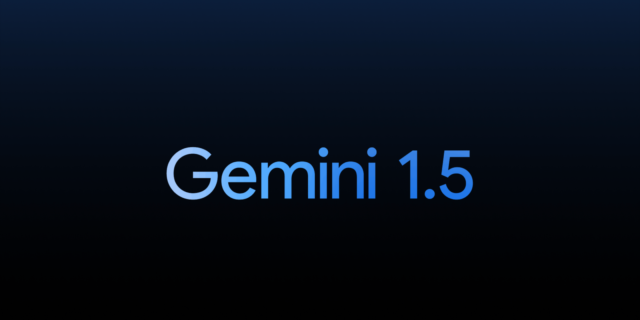
Google has recently unveiled Gemini, its most advanced AI model yet, marking a significant leap forward in the tech giant’s AI capabilities. Gemini is designed to enhance Android devices with a range of innovative features, making it a pivotal moment for developers and users alike.
Key Highlights:
- Gemini’s introduction signifies Google’s largest and most capable AI model to date, promising a new era of AI-powered functionalities for Android devices.
- The model boasts multimodal capabilities, enabling it to process and understand a variety of data types including text, images, audio, and video.
- Gemini is available in three sizes: Ultra, Pro, and Nano, catering to a wide range of applications from data centers to mobile devices.
- Advanced AI features powered by Gemini are set to enhance the Android ecosystem, with initial deployments on Pixel 8 Pro showcasing on-device generative AI capabilities.
- Multimodal AI model capable of understanding text, images, audio, and video.
- Three versions: Gemini Ultra, Pro, and Nano for varying computational needs.
- Initial implementation in Android devices such as the Pixel 8 Pro.
- Enhancements to Android’s AI capabilities with features like Summarize in Recorder and Smart Reply in Gboard.
Google’s Gemini represents a monumental stride in AI development, crafted by the collaborative efforts of teams across Google, including Google DeepMind and Google Research. Under the leadership of Demis Hassabis, CEO and Co-Founder of Google DeepMind, Gemini has been developed with the vision of creating AI that is not just a smart software but a genuinely useful and intuitive assistant for users. The model’s multimodal nature allows it to seamlessly integrate and understand various forms of data, from textual to visual, setting new benchmarks in AI performance. Gemini Ultra, for example, has surpassed human experts in a series of academic benchmarks, underscoring its potential to redefine how we interact with technology.
For Android developers and users, Gemini opens up a plethora of possibilities. The introduction of Android AICore, a new system service in Android 14, provides easy access to Gemini Nano, optimized for mobile use. This development signifies a leap towards more private, efficient, and responsive AI functionalities directly on devices, offering features such as high-quality text summarization and smart replies without the need for cloud processing. The integration of Gemini into Android devices, starting with Pixel 8 Pro, showcases Google’s commitment to enhancing the user experience through AI, ensuring data privacy and offering consistent, network-independent features.
Furthermore, Gemini’s deployment across Google’s product spectrum, including the Bard and AI features on Pixel phones, indicates Google’s ambition to compete with prominent AI models like OpenAI’s GPT-4. This competition not only highlights the rapid advancement in AI technologies but also emphasizes Google’s dedication to creating more capable, flexible, and user-friendly AI systems.
In conclusion,
Gemini AI represents a significant milestone in Google’s AI journey, bringing about a transformative impact on the Android ecosystem. Its sophisticated multimodal reasoning and advanced coding capabilities promise to unlock new dimensions of user experience, bridging the gap between human and machine interaction. As Google continues to integrate Gemini across its suite of products and services, the potential for personalized, intuitive, and efficient digital experiences becomes ever more tangible. This development not only showcases Google’s leadership in AI innovation but also sets a new standard for the industry, with implications that extend far beyond the confines of technology into the very fabric of daily life.










